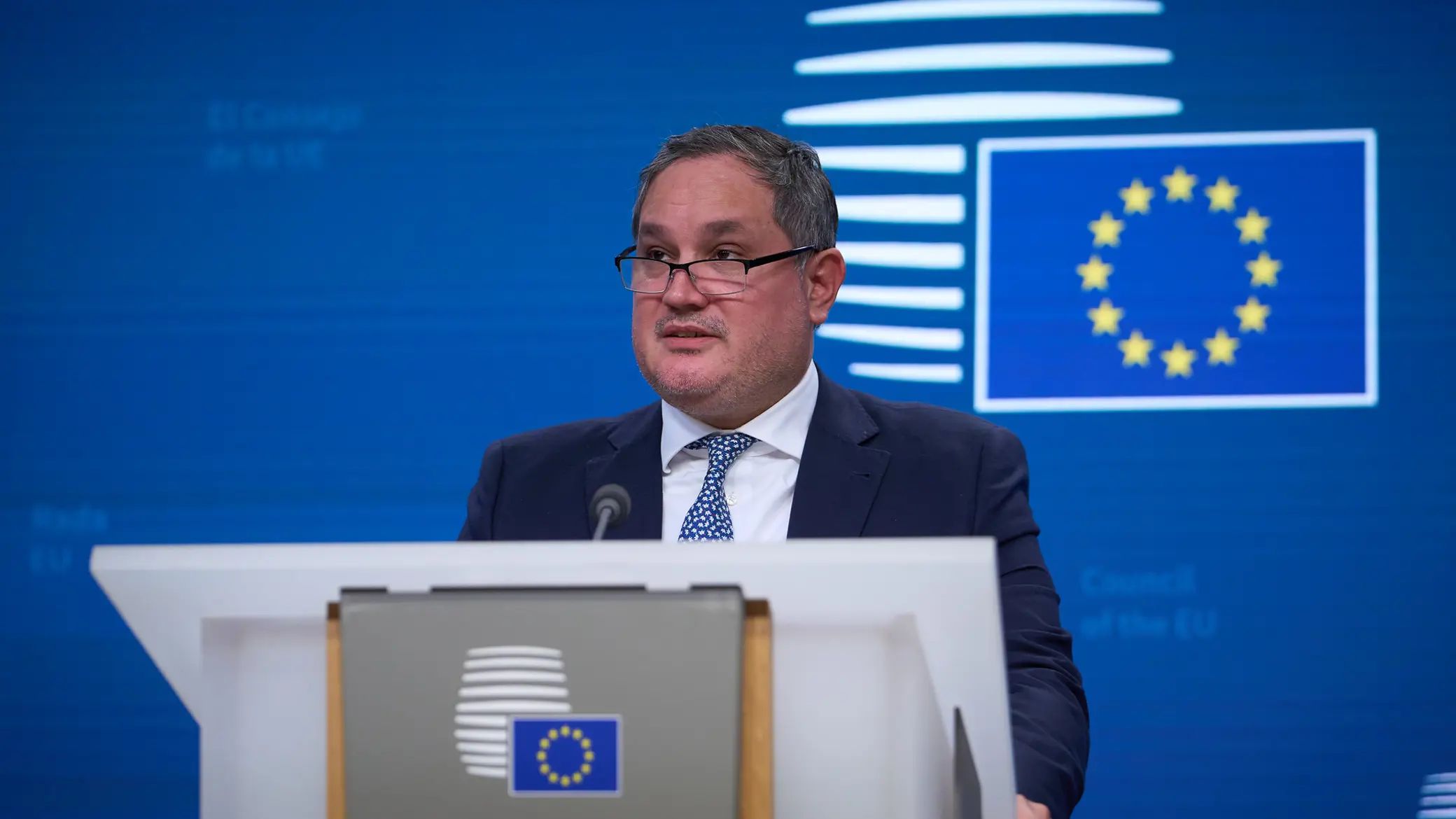The last meeting of the European Union’s Competitiveness Council under Hungary’s presidency of the Council of the EU took place last week, 28–29 November in Brussels, Belgium. The Competitiveness Council was created in June 2002 to enhance competitiveness and increase growth in the Union, and meets at least four times a year. Given that Hungary made the economic competitiveness of Europe the top priority of its presidency, these meetings have had special, added significance to them.
Minister for National Economy Márton Nagy, Minister of Culture and Innovation Balázs Hankó, Minister of State for Economic Strategy, Industry, Financial Resources and Macroeconomic Analysis Máté Lóga, and Minister of State for the Development of Small and Medium-Sized Enterprises and Technology Richárd Szabados of Hungary served as the chair of the internal market, industry, research, innovation and space policy parts of the two-day event.
At the event, five Council conclusions were adopted by the Member States.
The presidency’s conclusions acknowledge the critical need to boost productivity and sustainable growth while preserving the EU’s social and economic framework. To reach this objective, the presidency’s conclusions advocate for a more integrated single market, the encouragement of innovation, the minimization of regulatory burdens, and enhancements to the business climate, particularly for small and medium-sized enterprises. The conclusions emphasize the pressing requirement to mobilize investments in crucial strategic sectors, including clean technologies and energy infrastructure, and to enhance the funding for innovation. The Presidency urges the Commission to formulate new strategies for both the single market and industry, concentrating on modernization and simplification to foster long-term economic development and competitiveness throughout the Union.
Hungarian Presidency of the Council of the EU 2024 on X (formerly Twitter): “🎤 “We need a competitiveness turnaround in the European Union.” ➖ Balázs Hankó, Minister for Culture and Innovation#HU24EU🇭🇺🇪🇺 pic.twitter.com/eTrf3tiD5Y / X”
🎤 “We need a competitiveness turnaround in the European Union.” ➖ Balázs Hankó, Minister for Culture and Innovation#HU24EU🇭🇺🇪🇺 pic.twitter.com/eTrf3tiD5Y
EU regulations were also debated at the meeting. Most Member States supported the proposition to reduce burdens associated with reporting requirements by 25 per cent, with a 35-per-cent reduction goal for small and medium-sized enterprises.
‘Europe is at a crossroads: we either boost our competitiveness and catch up with the world’s leading economies, or we risk being left behind. Today’s conclusions demand a new industrial revolution—harnessing the potential of our internal market, innovation, and workforce skills to put Europe back in the race of global heavyweights,’ Minister Nagy said at the meeting, as quoted by the Hungarian EU Presidency’s official website.
Related articles:








